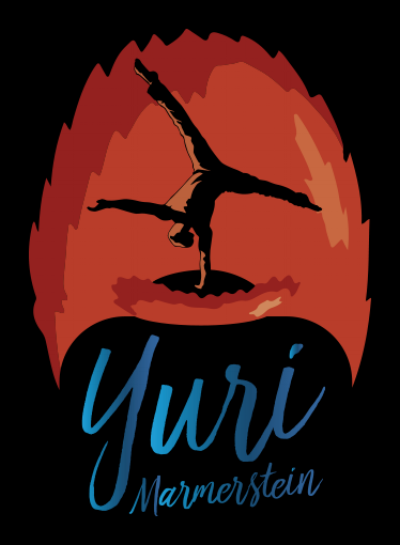What's the fastest way to learn a handstand?
I get variations of this question quite often, and the concept is one you can apply to many other skills.
Why do you want to learn it fast? Is speed your highest priority? What''s wrong with taking a long time to learn a skill?
It might seem like a flex to be able to boast about how quickly you learned something. I also understand that time is precious, so sometimes we want to check a thing off our list quickly and move on. As usual, there's no free lunch here.
I see several negatives with placing speed as your learning priority.
-First off, it's likely to decrease your probability of learning retention. Trying to learn something quickly means you can forget it just as fast.
-Prioritizing speed means you will be more likely to cut corners, lower your standards or skip steps to achieve your timing. Maybe this doesn't matter to you, but there is a chance that your form and technique will suffer. A less ideal scenario is that this might set you back when it comes to building upon future skills. A worst case scenario is one where this could lead to injury.
-Sometimes the value of learning something is not in the end result, but in developing a deeper understanding of the process. This is a concept you can then apply to other skills you learn.
Trying to shorten this process will decrease this benefit and shortchange you on these valuable lessons.
I believe there are many benefits in taking a long time to learn something.
-It allows for a greater appreciation of the skill. This way you will have more gratitude for the work you or others have put in. When you see someone perform the skill at a high level, you have a deeper understanding of what it takes to get there.
-You are likely to catch more details regarding the skill. Fast learning usually gives you a rough sketch macro view of the process. When you learn slowly, it allows you to pick up on the finer details that you otherwise may glance over. When it comes to skill refinement, details are key.
-Develop your own learning process; in other words "learn how to learn". Slower learning allows you to better understand the individual process you take to gain a skill. That's a lesson you can apply to everything you do.
-No rush or deadlines. There's nothing wrong with giving yourself a deadline, and at times this can be a powerful motivator. However, allowing yourself as much time as you need can take the pressure off and help you relax.
-Learning slowly allows more time for development of basics, which is vital to build on future skills. Many students don't sufficiently develop their basics before moving on, and oftentimes this hurts their progress in the long run. One of my biggest personal regrets in my training journey was not appreciating the basics early on. I would have been better off taking far longer than I did to develop basic skills and concepts.
-Slow learning gives more time for attribute development, which can help minimize injury risk. When a skill is physical in nature, an important part of the process is to build up your body to withstand the forces involved and be able to perform the techniques safely. This is a process that can't be rushed; doing so often comes with negative consequences. This can vary greatly depending on the skill and the individual, but the physical adaptation process should be respected.
-Slow learning has better carryover for teaching. The best teachers are usually not the most gifted athletes or the fastest learners, but those who struggled with the skill. Learning slowly is much better for developing a teaching skill set.
-Finally, slow learning leads to better retention. You are less likely to forget something you took a long time to learn, compared to something that came to you quickly. When I learn new skills, a factor I try to consider is permanent retention. What I mean is, how much training will it take for the skill to become a part of who I am? How much work is needed to be able to perform the skill with no notice or hesitation under imperfect conditions? That's the point where you own it. Of course it's not something that's necessary for everyone, but retention is something to consider.
In conclusion, while learning something fast may seem impressive, it's not always what it seems. There are many advantages to learning a skill slowly.
As always, just something to consider.
